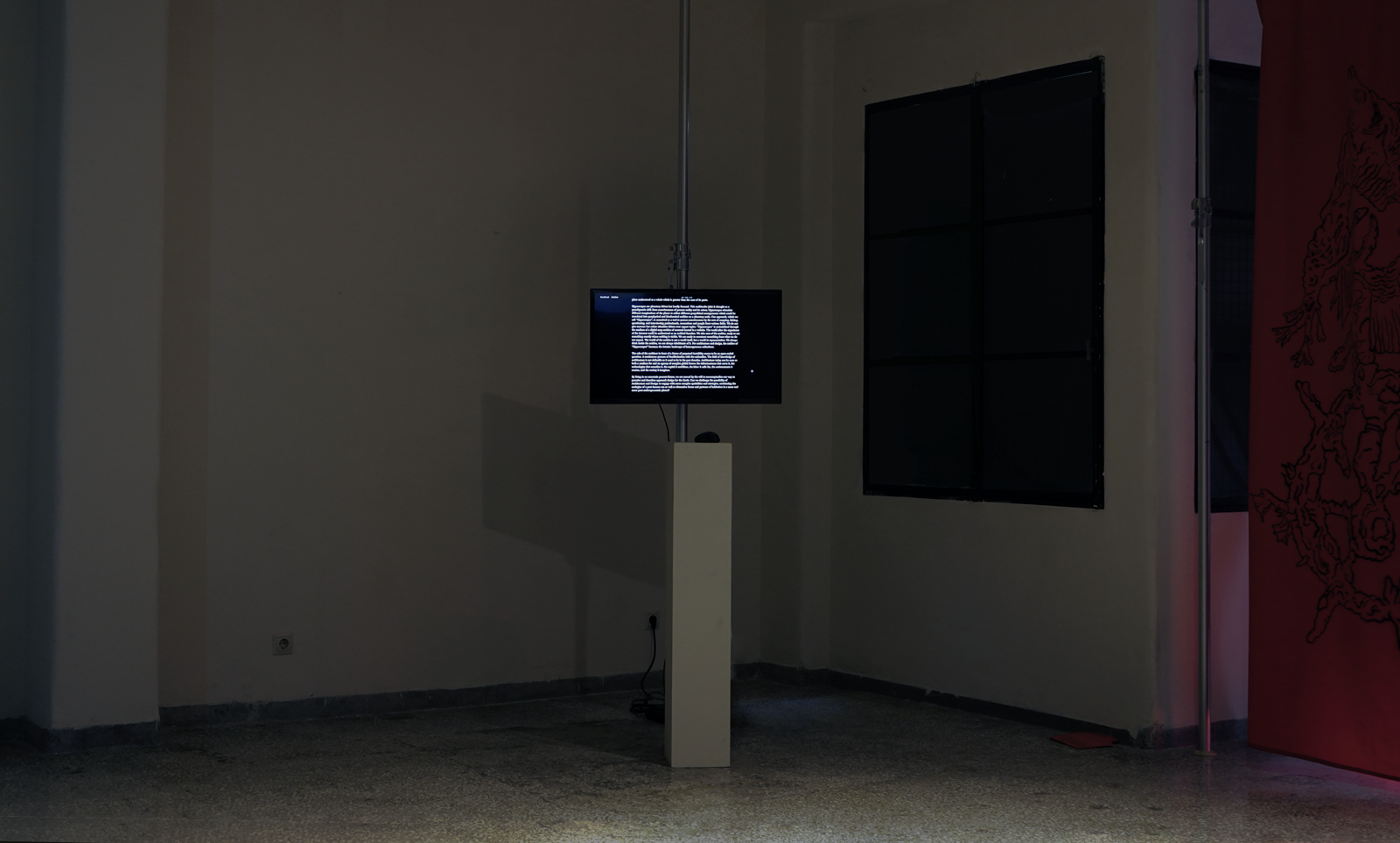Hyperscapes Research Office (HRO) + FluxGeist
Hyperscapes: Massive Loss of Habitat and the Refugees of the Anthropocene


 'What is life, and h
'What is life, and hBut the undergoing crisis speaks differently: as a matter of fact, in the last several decades, the urban has exploded at all spatial scales and reached a planetary condition of urbanization by breaking the traditional division between the Urban and Nature. The impact of such a transformation has altered the planet at a geophysical, biochemical, and climatic level where human civilization has been rapidly profiled as a geological event. Moreover, unequal distribution of wealth and power has increased processes of separation and fostered new forms of violence, as the rising demand for resources has been constantly displacing capital and labor and presents a serious threat for adaptation to the upcoming changes of intense technological, ecological, biopolitical, and spatial transformations.
This thesis work is an investigation on the intersection between the (Post) Anthropocene, changing Climates and contemporary Migrations, and how they are related to specific planetary processes and imaginaries.
Our approach, which we call “Hyperscapes”, is conceived as a tool to pursue consciousness by the acts of mapping, linking, questioning, and interviewing professionals and researchers from various fields. We do not give answers but rather stimulate debate over urgent topics. “Hyperscapes” is materialized through the medium of a digital map-archive of research hosted in a website. The world after the experience of the internet could be understood as an archival function. We take care of the archive, ready to see something exactly where nothing is visible. We are ready to construct something from what we do not expect. The world of the archive is not a world itself, but a world in representation. We always think inside the archive, we are always inhabitants of it. For architecture and design, the archive of “Hyperscapes” becomes the interior landscape of heterogeneous collections.
The role of the architect in front of a future of perpetual instability seems to be an open-ended question. A continuous process of familiarization with the unfamiliar. The field of knowledge of architecture is not definable as it used to be in the past decades. Architecture today can be seen as both a medium for and an agency of complex global forces: the infrastructures that serve it, the technologies that actualize it, the capital it mobilizes, the labor it calls for, the environments it creates, and the society it imagines.
By living in an uncertain present-future, we are moved by the will to reconceptualize our way to perceive and therefore approach design for the Earth. Can we challenge the possibility of Architecture and Design to engage with more complex spatialities and strategies, envisioning the ecologies of a post-human era as well as alternative forms and patterns of habitation in a more and more post-anthropocentric planet?
hyperscapearchive@gmail.com
FluxGeistcontact@gmail.com


Hyperscapes Research Office (HRO) | is an interdisciplinary open-ended working group which seeks evidence for the development of alternative methodological devices through the agency of mapping, speculation, archiving and critical analysis that could enact the plan for the re-conceptualization and design of desirable futures for the planet. The working group focuses on the issues that lie on the intersection of planetary urbanization, climates, politics, landscape, and architecture whilst simultaneously generating debate intended to raise consciousness
regarding planetary processes and imaginaries which are interconnected and enfolded within each other. HRO was born in Milan in 2019 in the context of the masters' degree program "Architecture, Built Environment, Interiors" of Politecnico di Milano. It was assembled by Konstantinos Venis and Filippo Albertini and later joined by artist, FluxGeist (Periklis Lazarou).The audience is invited to join our work-group discussion and participate in the overall process.
FluxGeist | is a platform of collective work that attempts to facilitate the use of technology in the creative process. The group develops human-computer interaction systems that involve light,
sound, embedded electronics and online web pages for creative applications.